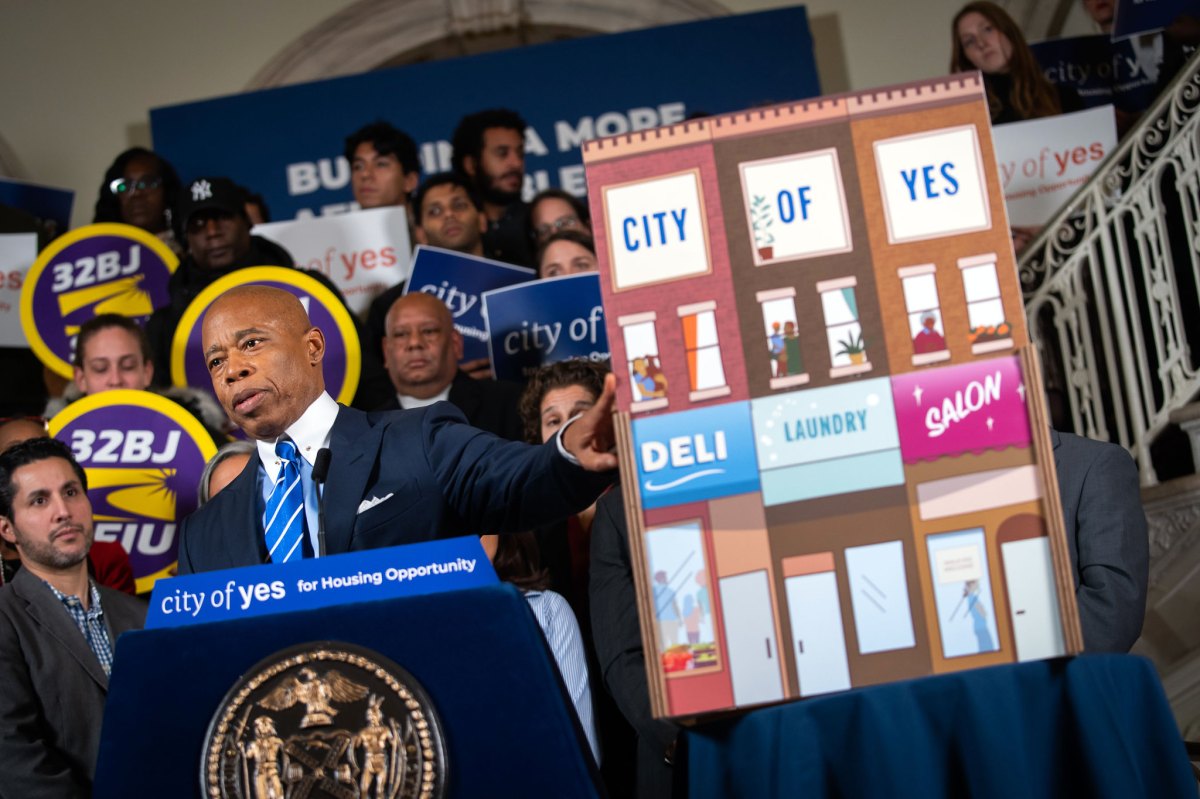
I live in a small brownstone building, and the new first-floor tenant keeps leaving the front door and gate to the building wide open and unattended, even at night. (She’s also been known to leave her gas stove on for hours at a time.) Needless to say I’ve become extremely concerned for my safety. I’ve complained to the landlord, but what else should I do to make sure this doesn’t happen again? Is the landlord legally obligated to do anything about my neighbor’s unsafe behavior?
While your concern (and frustration) are certainly justified, you’ll need to approach the situation delicately, say our experts.
“In these situations, I always tell people the best way of resolving the issue is to use the carrot, not the stick,” says tenant attorney Cathy Grad. “When there are neighbor problems, the first thing to do is approach the person in a collegial way and see if you can resolve it.” In this case, you might suggest that your neighbor gives you a copy of her keys in case you smell gas, or there’s some other clear problem left unattended.
If the friendly approach doesn’t work, a stern letter from a lawyer might do the trick (rates vary, but expect to pay around a couple hundred dollars for the service). “Sometimes we’ll be retained to write letters to the neighbors saying ‘you have to do XYZ, and if you don’t, we’ll complain to the landlord,'” says Grad.
Why not just go to the landlord first, instead of dealing with your flake of a neighbor? Because, unfortunately, if you’re a market-rate tenant and not protected by rent-stabilization, even if the landlord shares your concerns (which they likely will), many landlords are wary of tenants who are prone to making lots of complaints, and it’s possible they’ll decline to renew your lease.
Still, says Grad, “The landlord is the one who is responsible for maintaining a safe building and if one tenant is creating conditions that undermine the safety of the building, it’s their obligation to get rid of that tenant.” That in mind, if your neighbor continues their irresponsible behavior, start complaining to the landlord in writing (always a key step in solving an apartment problem).
If the landlord refuses to talk to your neighbor (or if they do and the neighbor’s behavior doesn’t improve), it may be worth considering bringing what’s known as an HP action. (Unlike most trips to housing court, an HP action won’t land you on the tenant blacklist, which is why it can be a better option than, say, withholding rent.)
“HP actions weren’t really designed for this kind of thing,” Grad notes, as they’re generally filed regarding repairs or services that a landlord has neglected. Still, it could be worth a shot. “You could bring an HP that the building is not secure, the gate’s not locked, there’s gas on, etc.” In this case, you’d do well to start documenting your neighbor’s slip-ups (photos, dates, times, etc.) in case you need to prove your point in court. And if you smell gas again, call Con Edison immediately so they can come handle it.
It might be cold comfort after all this, but do keep in mind that if your apartment or belongings are damaged (or stolen) thanks to your neighbor’s negligence, your standard apartment insurance will still cover the loss. “As long as the event in question is a covered peril like a fire or a break-in, there would still be coverage,” says Jeff Schneider, president of Gotham Brokerage Inc. “There is no exclusion policy for the stupidity of other people.”
Trouble at home? Get your NYC apartment-dweller questions answered by an expert! Send your questions to BrickUnderground.com.



































